As April 7 this year marks the World Health Day—WHO’s 75
th anniversary, it is an opportunity to raise awareness of health challenges of today.
World Health Organization, dedicated to the well-being of all people, aims to give everyone, everywhere an equal chance to live a healthy life. Currently, there are some factors leading to inequalities among groups of people. In addition, COVID-19—the pandemic that the globe has experienced in the past three years—disrupted essential services in 92% of countries, according to WHO. More awareness and efforts are called for to ensure equitable approach to health and distribution of healthcare services.
Why to address healthcare inequalities?
According to WHO, though there is overall progress on health service coverage, within-country inequalities still exist, with higher coverage among those who are richer. Mortality of children, maternal deaths, incidence of certain diseases, poverty due to health spending are affecting more in developing countries, where approach to healthcare services are scarce.
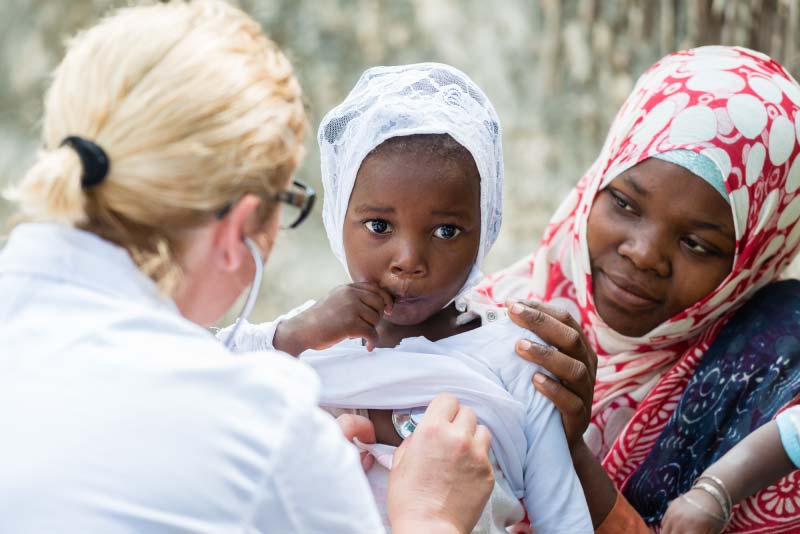
When people visited doctors' offices or clinics with certain health conditions, a doctor often relies on multiple lab tests to accurately confirm the diagnosis. For patients, it means proper treatment on one side, and additional visits to the doctors on the other side. For those in developing regions, it means less or expensive access to lab tests for diagnosis evidence.
What can we do for primary healthcare?
As Wondfo’s slogan is “Racing for Life”, we attach significance to health and happiness of all. Besides a few donations to official institutions in various countries and regions, Wondfo has been devoted to improving primary health coverage. In February 2022,
Merck and Wondfo launched a pilot project to improve the access to diagnosis and treatment of thyroid diseases at the primary care level. Both leveraged respective strengths in thyroid disease treatment and in vitro diagnosis to increase the accessibility of
thyroid function testing in community-level hospitals, and to help improve the capability of those hospitals in thyroid disease diagnosis and treatment.
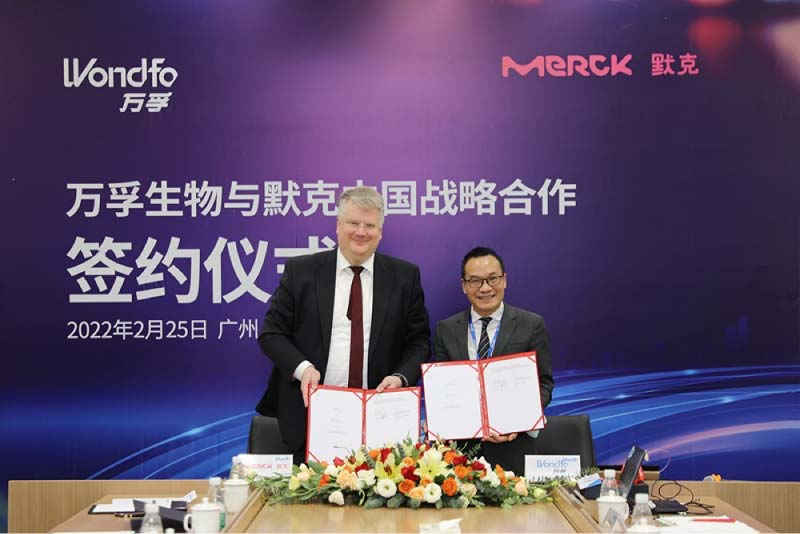
We are dedicated to improve technology so as to provide affordable testing to more people. Besides the 2019-nCoV antigen test granted with Emergency Use Listing (EUL) in July 2022,
Wondfo’s HIV Self-Test is pre-qualified by the World Health Organization (WHO), which marks a milestone for Wondfo to help improving accessibility and availability of rapid diagnosis to infectious diseases worldwide especially in low-income countries. Later in July, we signed an agreement with MedAccess and Clinton Health Access Initiative (CHAI) to make
Wondfo’s HIV self-test available for US$1 so as to make HIV Self-Test available and affordable in low- and middle-income regions.

Why does Wondfo stick to Point-of-Care Testing?
Evidence-based medicine (EBM), which shares similar meaning and aim with Chinese Precision Medicine ‘精准医疗’, promotes healthcare based on objective analysis of human status acquired from collected samples interpreted by sensitive analyzers. However, many rural clinics and pharmacies have few samples to be processed by lab-level apparatus and cannot afford the expense and maintenance fee of such apparatus.
Less samples to be tested, more duration for testing results, less clinics and physicians for rural subgroups, less access to healthcare, more expense for treatment, and consequent poorer outcomes of diseases. These further widen the gap of health conditions between the poor and the rich. Due to these economic factors, getting examined and subsequent treatment is harder for patients in rural and remote areas than those in urban areas.
Point-of-care testing reduces waste of testing reagents due to expiry and thus enable evidence-based medicine accessible in remote areas. As samples collected need not be sent to central labs, patients don’t have to wait for days or shuffle for several times to get their test results and medicine. Simplified testing operation makes it easier and more flexible for physicians, nurses and pharmacists to deliver test results in various scenarios, such as in pharmacies, in community care center and in disaster rescue support. Then, point-of-care testing becomes an affordable solution with less expense, shorter duration and improved flexibility.

What have we done as a POCT enterprise?
In defending SARS, influenzas, dengue fever outbreak and COVID-19 pandemic, Wondfo actively shoulders social responsibilities. Our R&D task force is fast in action and has developed multiple rapid tests regarding these infections. Striving to make more people benefit from our efforts, we have donated numerous tests and analyzers to Kenya, Nepal, Indonesia, Thailand, Ethiopia…
With comprehensive products and services, we will continue to be devoted to research and innovation in IVD industry and will always assist in healthcare worldwide to jointly construct a better world.
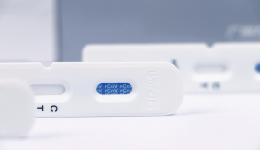 The first developed technology platform with various application scenarios, including infectious disease, fertility, DOA, etc.
The first developed technology platform with various application scenarios, including infectious disease, fertility, DOA, etc.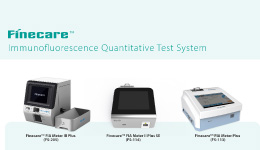 50+ kinds of reagents and five high-performance devices, focusing on detecting cardiovascular disease, inflammation, kidney injury, sex hormones, thyroid function, diabetes, tumor, and others.
50+ kinds of reagents and five high-performance devices, focusing on detecting cardiovascular disease, inflammation, kidney injury, sex hormones, thyroid function, diabetes, tumor, and others.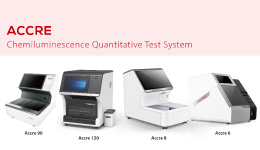 Single-dose Chemiluminescense Immunoassay Platform
Single-dose Chemiluminescense Immunoassay Platform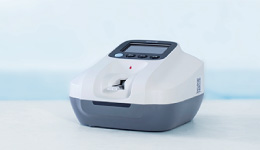 Wondfo optical blood coagulation analyzer is the first one in the world that can test PT, APTT, TT, FIB, and ACT simultaneously.
Wondfo optical blood coagulation analyzer is the first one in the world that can test PT, APTT, TT, FIB, and ACT simultaneously.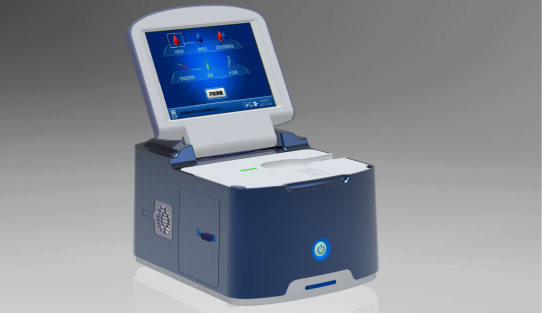 Our Blood Gas Analyzer BGA-102 can produce the result in 30s. Its advantages of portability, easy operation, durability, and high performance make it ideal for clinics, laboratories, and hospitals.
Our Blood Gas Analyzer BGA-102 can produce the result in 30s. Its advantages of portability, easy operation, durability, and high performance make it ideal for clinics, laboratories, and hospitals.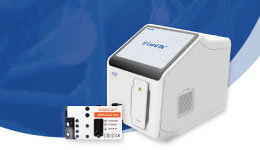 Ready-to-use lyophilized RT-PCR Reagent;
Ready-to-use lyophilized RT-PCR Reagent;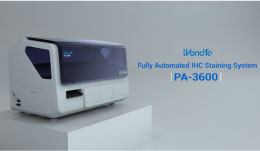 Wondfo PA-3600 IHC Staining System
Wondfo PA-3600 IHC Staining System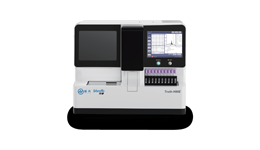 The Wondfo Truth-H80E HPLC Hemoglobin Analyzer is a high-performance diagnostic device designed for rapid and precise measurement of glycosylated hemoglobin (HbA1c)—the gold standard for diabetes diagnosis.It support the standard mode and variant mode and provide the result within 60-90seconds.
The Wondfo Truth-H80E HPLC Hemoglobin Analyzer is a high-performance diagnostic device designed for rapid and precise measurement of glycosylated hemoglobin (HbA1c)—the gold standard for diabetes diagnosis.It support the standard mode and variant mode and provide the result within 60-90seconds.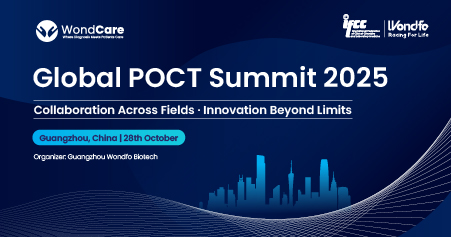 This year, the summit will place a special focus on collaboration across different fields to explore the application of POCT and optimize clinical pathways. In the meantime, drive innovation by adoption of new technologies and biomarkers.
This year, the summit will place a special focus on collaboration across different fields to explore the application of POCT and optimize clinical pathways. In the meantime, drive innovation by adoption of new technologies and biomarkers.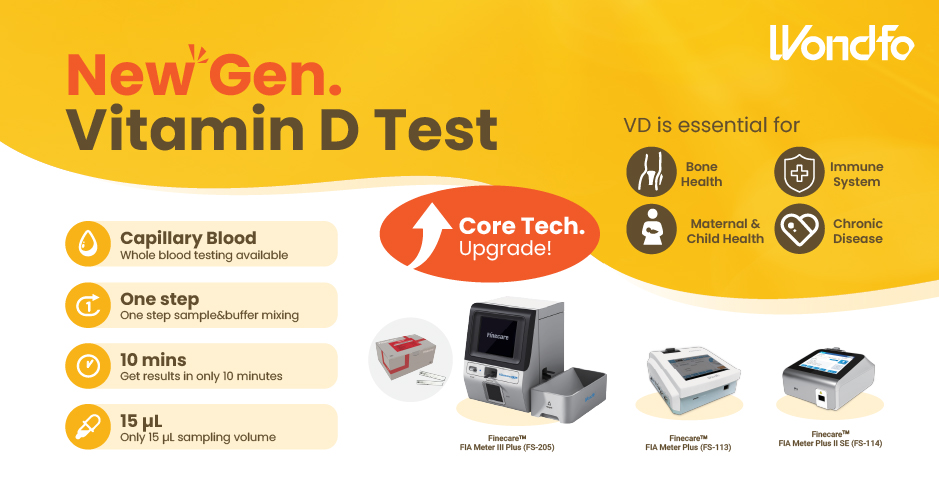 Finecare™ Vitamin D, from complexity to simplicity
Finecare™ Vitamin D, from complexity to simplicity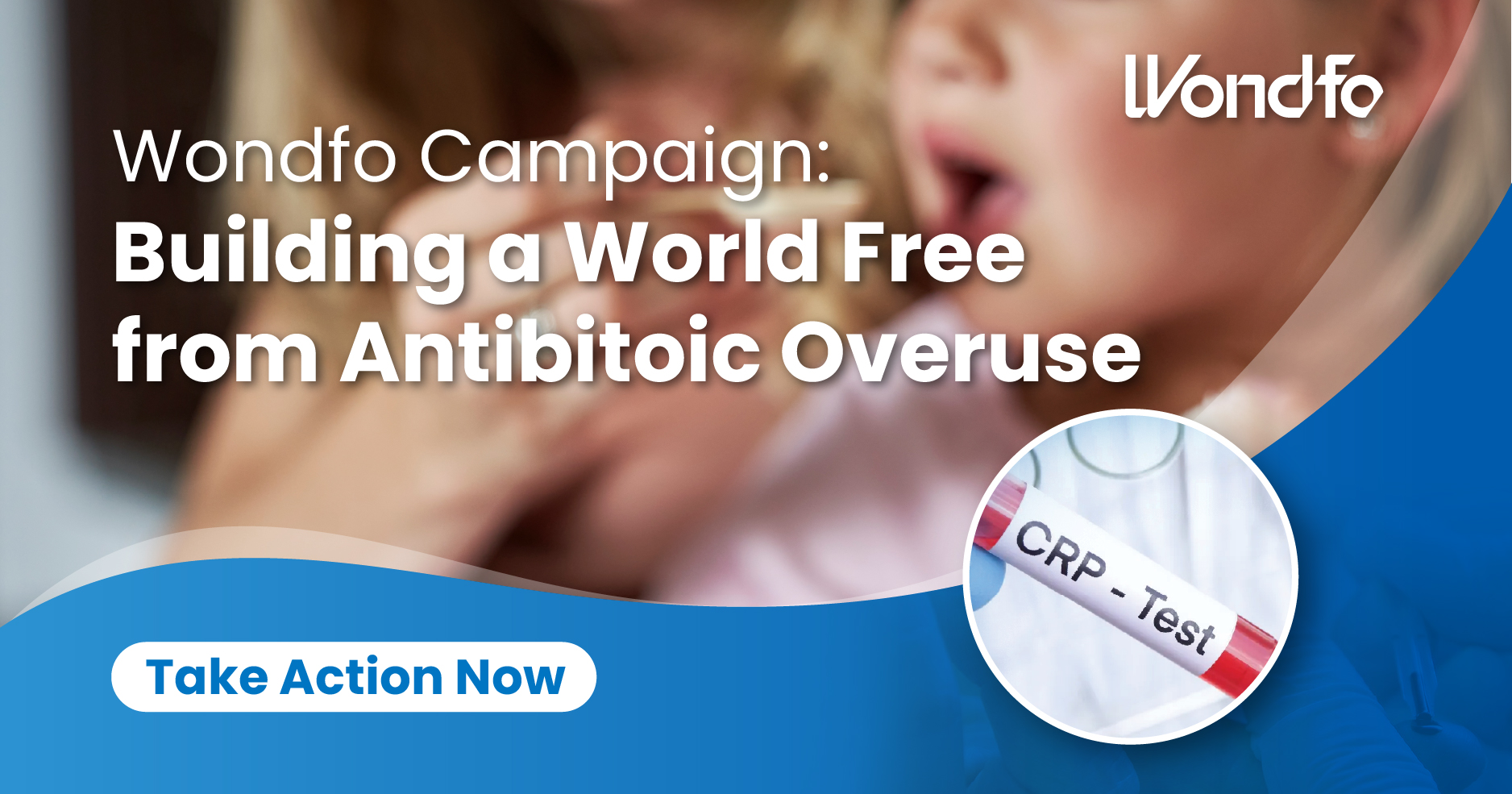 Building A World Free from Antibitoic Overuse
Building A World Free from Antibitoic Overuse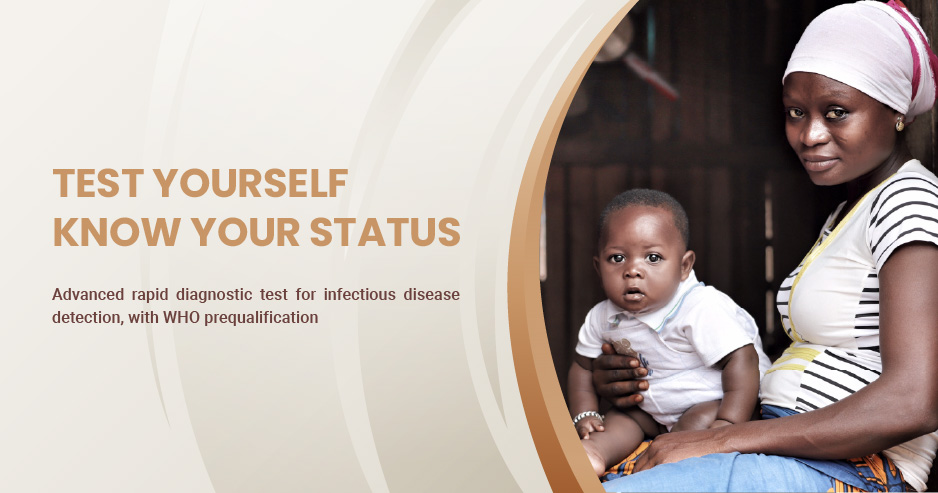 Advanced rapid diagnostic test with WHO prequalification for infectious disease
Advanced rapid diagnostic test with WHO prequalification for infectious disease The Future Intelligent Medical Assistant to Healthcare
The Future Intelligent Medical Assistant to Healthcare Fight against the pandemic through continuous innovation
Fight against the pandemic through continuous innovation







































